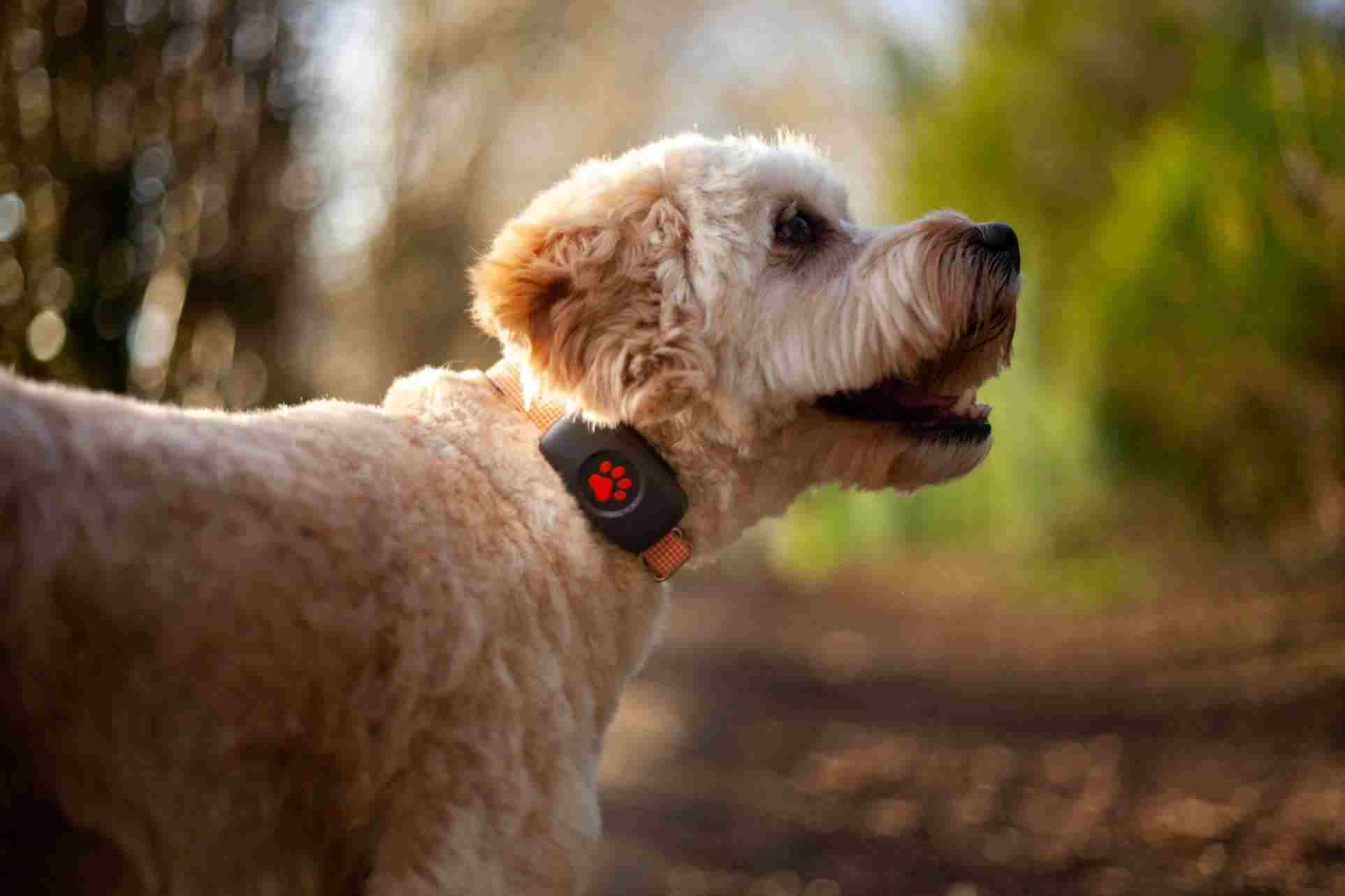


In this blog, we will tell you about common symptoms and types of worms. Also, you will read about how to choose the right dewormer.
If your puppy is scratching more than usual or always looking tired, it is not a good sign for their health. You may think these signs are so normal. However, they may be hiding something more serious. Do you know what that is? It can be intestinal worms.
These hidden worms can silently harm your puppy from the inside out. This makes deworming puppies in Norco so important. In this blog, we will tell you about common symptoms and types of worms. Also, you will read about how to choose the right dewormer.
To start with, tapeworm is the first type of intestinal worm in puppies we are listing. They are flat and segmented parasites. Such worms are attached to your puppy’s intestine. Do you know where they come from? They come from fleas your puppy swallows during grooming. To recognize them, you can find spot rice-like pieces near your puppy’s anus or in their poop.
The next one is hookworm. They are small and blood-feeding worms. Such worms are attached to the lining of the small intestine. Your puppy may get this worm from their mother’s milk. Also, it may come from contaminated soil. These worms can cause anemia, pale gums, and bloody diarrhea. If you leave them untreated, they can be very risky for your pets. So, deworming for pets is important.
The third one is whipworm. They are slender parasites. Such worms live in the large intestine and feed on blood. Your puppy can pick them up from soil or contaminated areas. These worms can cause many problems. It includes watery or bloody diarrhea, weight loss, or irritation around the bottom.
Roundworms are among the most common parasites in puppies. They resemble spaghetti and may be seen in vomit or feces. Puppies can get them from their mother or through contaminated soil. Symptoms include a potbelly, poor growth, and digestive trouble.
Ringworms
Despite the name, ringworm isn’t a worm at all—it’s a fungal infection. It causes circular bald spots, scaly skin, and itchiness, especially around the face, ears, and paws. Puppies can get it from infected animals or environments. It spreads quickly and can affect humans, too. Treatment includes antifungal medications and proper hygiene. Early identification helps control its spread and keeps your home safe from infection.
Coccidia are microscopic parasites that invade the lining of your puppy’s intestine. Infected puppies often have watery or bloody diarrhea, dehydration, and a poor appetite. It spreads through contact with infected feces or contaminated surfaces. While it’s more dangerous for younger or weaker puppies, it can be treated with specific medications prescribed by a vet. So, be involved in deworming for pets as early as possible.
Frequent, loose stools are often the first sign that something’s wrong inside your puppy’s gut.
Visible worms or streaks of blood and mucus in poop can signal a parasite problem.
Despite eating normally, your puppy may lose weight due to parasites stealing nutrients.
Worms can irritate the stomach, leading to unexpected or frequent vomiting.
A lack of energy and tiredness could mean worms are affecting your puppy’s system.
Worm-infested puppies often lose their healthy shine and develop a dry, rough coat.
Worms can hinder your puppy’s development, causing them to grow slower than expected.
A swollen belly, especially in smaller puppies, can be a sign of a heavy worm load.
Some worms, like heartworms or migrating roundworms, can lead to coughing and breathing issues.
Different dewormers target specific parasites. Some may only treat roundworms, while others cover a broader range, including hookworms and tapeworms. Identifying the exact type of infestation through a vet visit ensures the treatment will work. Using the wrong dewormer may be ineffective and delay recovery, so proper diagnosis is the first and most important step.
Puppies require dewormers designed for their age and size. Giving a product made for larger or older dogs can lead to under- or overdosing, both of which are unsafe. Always weigh your puppy and choose a product accordingly. Following the manufacturer’s guidelines or your vet’s instructions ensures your puppy gets the right dose for effective treatment.
